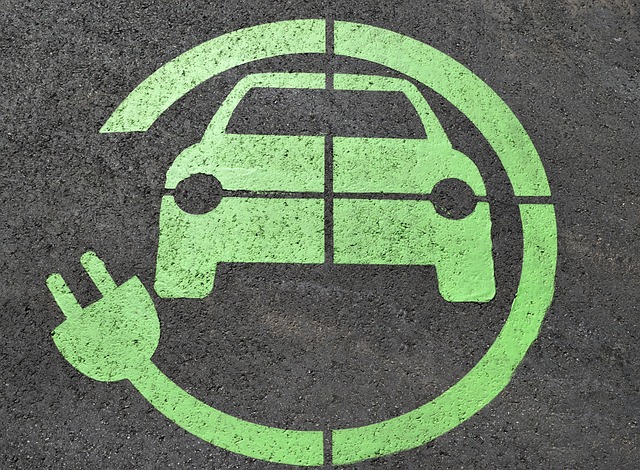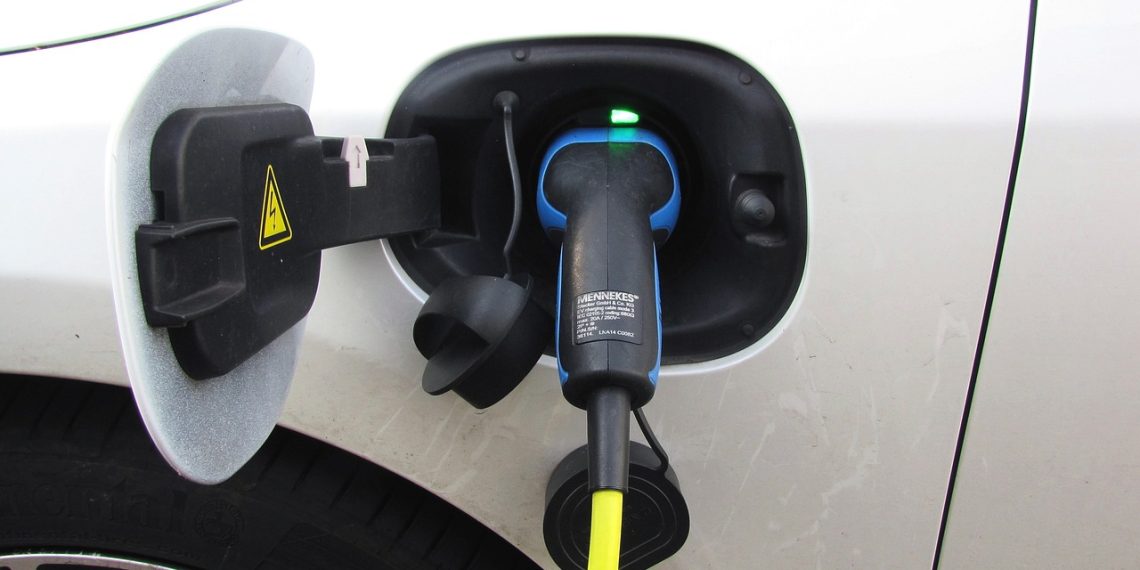As electric vehicles (EVs) continue to reshape the automotive landscape, the demand for efficient and reliable AC charging systems is increasingly vital. Innovations in technology are playing a crucial role in enhancing these charging systems, enabling faster charging times, improved user experiences, and greater integration with renewable energy sources.
This document will explore the latest advancements in AC charging technology, highlighting their impact on the EV market and the benefits they offer to consumers and infrastructure alike. By understanding these innovations, we can better appreciate how they contribute to a more sustainable and accessible electric future.
Increased Charging Speeds
The recent advancements in AC charging technology have significantly increased charging speeds, allowing users to recharge their electric vehicles much faster than before. Innovative designs and materials, such as improved power electronics and advanced cooling systems, help optimize the performance of charging stations. As a result, many modern AC chargers now support higher kilowatt outputs, reducing the time spent plugged in. This swift charging capability is particularly beneficial for urban drivers and those who rely on public charging infrastructure.
Enhancing charging speed does not solely focus on the power output. User experience plays a central role in technology updates, ensuring that drivers can easily find and access fast-charging stations. This combination of speed and accessibility makes EV ownership more appealing and practical, ultimately helping increase the adoption of electric vehicles in the market. The faster charging times drive consumer confidence, paving the way for a greener transport future.
Smart Charging Solutions
Smart charging technology is revolutionizing how electric vehicles interact with charging stations. By integrating communication systems, these solutions enable vehicles to communicate with charging infrastructure, optimizing electricity flow based on various factors such as grid demand, pricing, and user preferences. This intelligent interaction results in more efficient charging, contributing to a more balanced electricity grid and reducing peak demand challenges.
In addition to enhancing grid stability, smart charging solutions offer EV owners better control over their charging habits. For example, an ev charging station manufacturer offers a mobile app that allows users to remotely manage and monitor their charging sessions, set charging schedules, and view real-time data on energy usage. This level of control empowers EV owners to make more informed decisions regarding their energy consumption, allowing them to save money and reduce their carbon footprint.
Integration with Renewable Energy Sources
As the push for sustainability grows, the integration of renewable energy sources into AC charging systems is becoming increasingly essential. Charging stations can be designed to harness solar or wind energy, creating a cleaner and more sustainable charging option for electric vehicles. By utilizing these renewable resources, charging stations can operate with minimal reliance on fossil fuels, which significantly reduces their carbon footprint.
Additionally, integrating renewable energy into the charging infrastructure allows for a more resilient energy system. By tapping into local renewable energy sources, charging stations can contribute to energy independence and help stabilize regional grids. This not only benefits the environment but also encourages the growth and adoption of renewable energy technologies, creating a more sustainable ecosystem around electric mobility.
Enhanced User Experiences
Improving the user experience is at the forefront of innovation in AC charging systems. Manufacturers are focusing on the design and functionality of charging stations to make them more user-friendly. Key features include real-time tracking of charging status, intuitive interfaces, and streamlined payment methods, allowing for a seamless experience from start to finish. These enhancements ensure that drivers can easily navigate the charging process, making it more convenient and approachable.
Incorporating user feedback into the design process has led to a better understanding of consumer needs and preferences. Charging stations that prioritize accessibility, comfort, and safety have emerged, accommodating the diverse needs of users. With these improvements, the overall experience of charging electric vehicles continues to evolve, fostering an environment where EV adoption can thrive as a viable alternative to traditional gas-powered vehicles.
Trends in AC Charging Technology
Looking ahead, several exciting trends are poised to shape the future of AC charging technology. One significant trend is the development of ultra-fast charging capabilities, which could enable EVs to charge at speeds comparable to refueling conventional vehicles. As technological advancements continue, we can expect chargers that support even higher power outputs, decreasing charging times to mere minutes. Additionally, the emergence of vehicle-to-grid (V2G) technology may redefine the relationship between electric vehicles and the power grid.

The advancements in AC charging systems are pivotal in supporting the growth of electric vehicles and fostering a sustainable future. With increased charging speeds, smart charging solutions, integration with renewable energy sources, and enhanced user experiences, the evolution of this technology is ensuring that electric mobility is more efficient, user-friendly, and environmentally conscious.
As these trends continue to develop, they will not only empower consumers to embrace electric vehicles but also play a crucial role in the transition towards a greener, more resilient energy infrastructure. The ongoing innovation in AC charging technology is setting the stage for a future where electric vehicles become a mainstream option for drivers worldwide.







